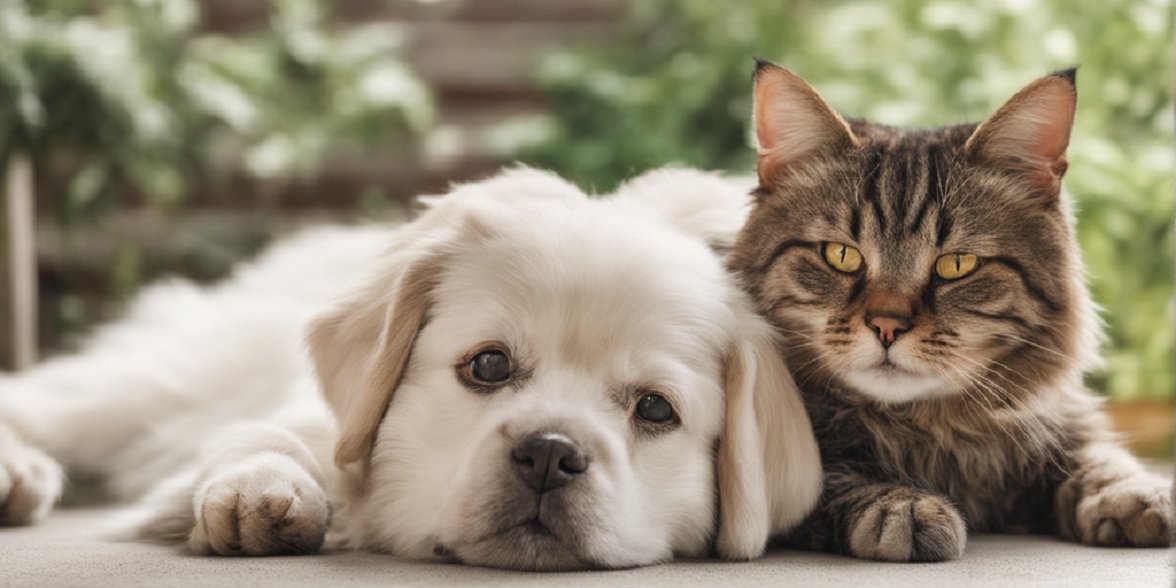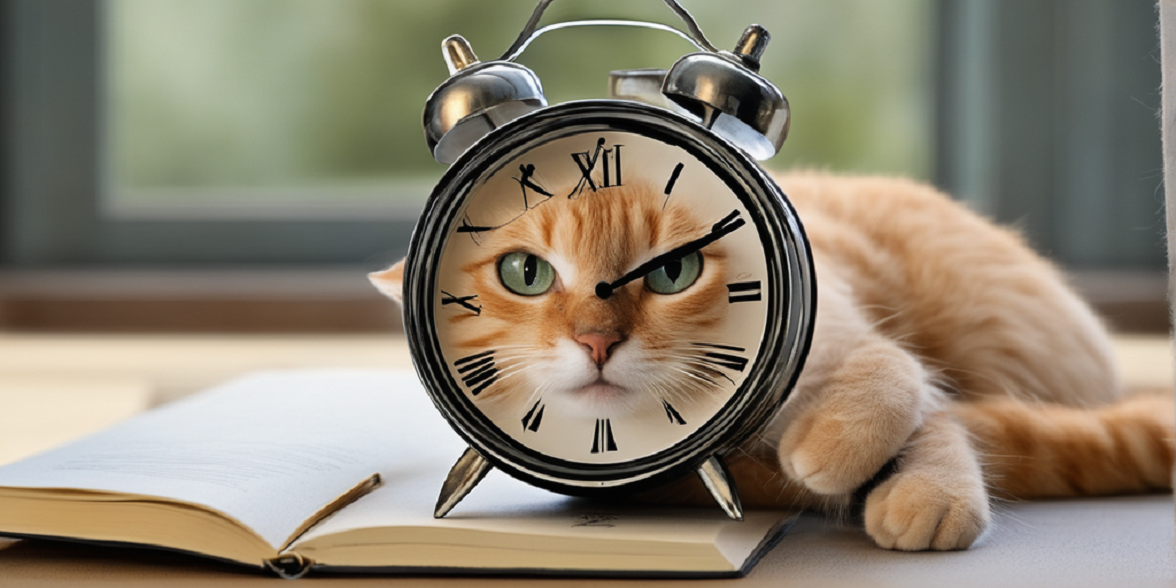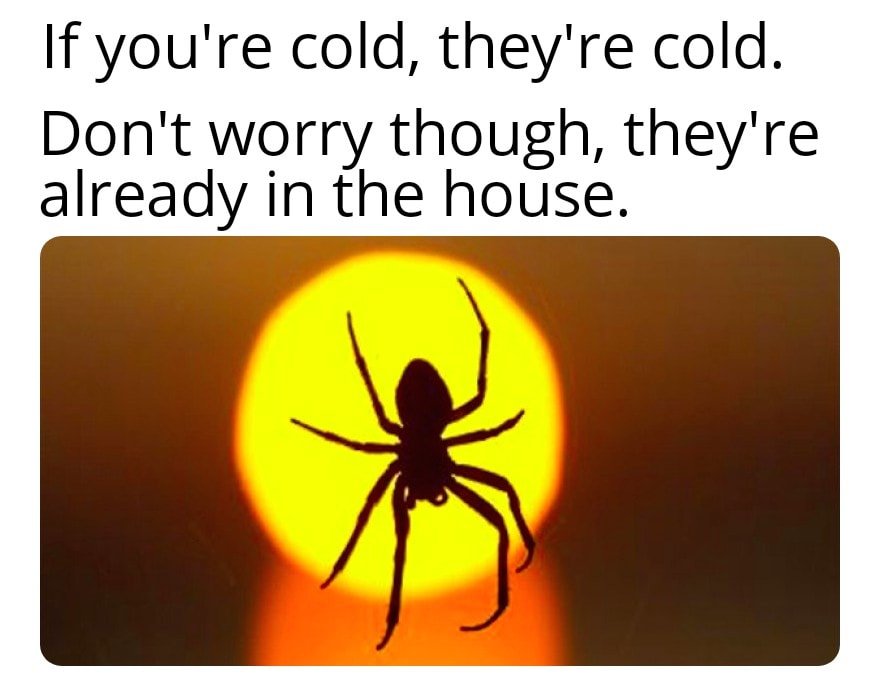In the grand tapestry of life, there are few things as pure and heartwarming as the unconditional love we receive from our furry companions – dogs and cats. Have you ever wondered why your four-legged friends seem to have a knack for discerning good people from the not-so-good ones? In this exploration, we’ll dive into the fascinating world of canine and feline intuition, investigating why dogs and cats tend to gravitate toward good-hearted souls.
The Power of Body Language
Imagine you’re meeting someone for the first time, and you instantly feel a sense of unease, despite their friendly words. Dogs and cats have a similar radar for picking up on subtle cues from humans. They pay close attention to body language, tone of voice, and facial expressions, which can reveal a lot about a person’s intentions.
Dogs, in particular, are masters at reading body language. Their acute observational skills have evolved over thousands of years of companionship with humans. A dog can often sense when someone is calm, kind, and trustworthy based on their relaxed posture and demeanor. On the flip side, if a person displays erratic movements or tense body language, a dog might become wary.
Cats, while more independent, are also highly attuned to body language. They may observe from a distance, evaluating whether a person’s movements are gentle or abrupt. Cats prefer people who move slowly and calmly, as these behaviors indicate a sense of security.
The Scent of Goodness
Another intriguing aspect of dogs and cats gravitating toward good people is the power of scent. Animals possess a highly developed sense of smell that allows them to detect emotions and pheromones. Good-hearted individuals typically emit calming pheromones associated with relaxation and happiness, making them more appealing to our furry friends.
Have you ever noticed how your dog nuzzles into your side when you’re feeling down? Dogs can detect changes in your scent due to stress or anxiety, and they respond with comforting gestures. Conversely, when they sense someone’s scent is associated with negative emotions or stress, they might become cautious or avoidant.
Cats, with their keen olfactory senses, can also pick up on these subtle scent changes. They’re drawn to the comforting aroma of a contented and happy person. The scent of stress or anger, on the other hand, may cause them to keep their distance.
Empathy: The Invisible Connection
Empathy, the ability to understand and share the feelings of another, is a trait that sets good people apart. Dogs and cats are remarkably skilled at recognizing empathy in humans. They can sense when someone genuinely cares for them and others, and they’re naturally drawn to these individuals.
Dogs are highly empathetic animals themselves. They can detect our emotions, such as sadness or joy, through our tone of voice and body language. When they feel loved and understood by a person, they reciprocate with loyalty and affection.
Cats, often misunderstood as aloof creatures, also possess a strong sense of empathy. They’re known to snuggle up to their humans when they’re feeling unwell or upset. Cats gravitate toward those who provide them with comfort and understanding.
The Power of Positive Reinforcement
Dogs and cats, like humans, respond to positive reinforcement. Good people tend to treat their pets with kindness, using rewards and affection to encourage good behavior. Dogs and cats quickly learn to associate these positive interactions with the people who provide them.
Dogs, in particular, thrive on positive reinforcement. They love to please their humans and are quick learners when rewarded with treats and praise. This creates a bond between good people and their dogs, as the pets come to see their owners as sources of joy and fulfillment.
Cats, while more independent, also respond well to positive reinforcement. They enjoy being pampered with treats and affection. When good-hearted individuals provide these rewards, cats are more likely to seek out their company.
A Note on Trust
Trust is the foundation of any strong relationship, and it’s no different for our animal companions. Dogs and cats tend to gravitate toward people they trust. Trust is built over time through consistent care, love, and attention.
Good people often excel at providing this trust-building environment. They are reliable, consistent, and dependable in their interactions with their pets. Dogs and cats thrive in such environments, leading to stronger bonds.
Closing Thoughts
In the enchanting world of dogs and cats, the ability to discern good people from not-so-good ones isn’t based on superficial judgments. Instead, it’s rooted in their remarkable capacity to read our body language, detect our emotions, and respond to empathy, positive reinforcement, and trust.
So, if you find yourself in the company of a furry friend who seems to adore you unconditionally, remember that your goodness shines through in more ways than you might think. In the eyes of your loyal companion, you are, without a doubt, one of the good ones.




